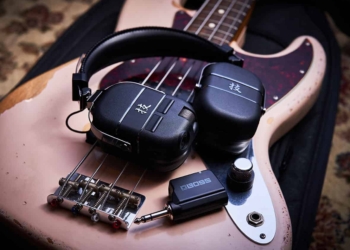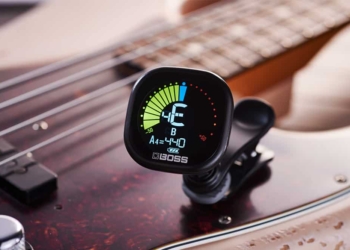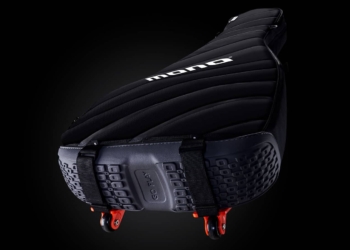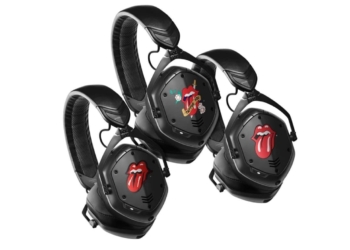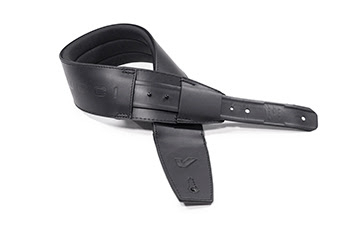What are the advantages of flatwound over roundwound bass strings? Or, more to the point, when is it worth it to test out a set of flatwound bass strings, which are somewhat expensive (in comparison to guitar strings)? Let’s look at the differences between these two types of strings, both in terms of manufacture and sound, so you can make an informed decision. Keep in mind that most of the information in this article applies to both flatwound and roundwound guitar strings.
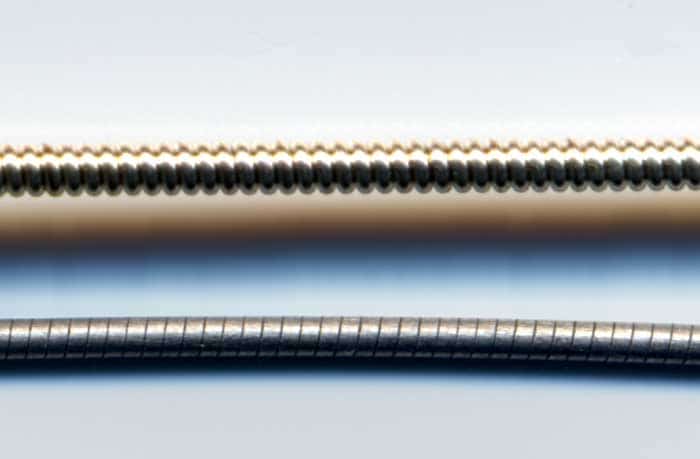
Construction Disparities
Almost all bass strings are made up of two wires: a core wire and a wrap wire. The wrap wire wraps around the core. It is this wrap wire that distinguishes flatwound and roundwound strings. It is this wrap wire that gives you the ridges on roundwound strings that you can under your fingers. The wrap wire is flattened for flatwound strings, and the ridges between the wraps are barely noticeable.
How About The Feel?
You’ll notice a considerable difference between roundwound and flatwound strings even before you plug them in and start playing. You’ve probably touched roundwound strings before – as we’ve mentioned, the ridges between the wraps of the wrap wire can be felt, especially while sliding between notes. Friction is almost non-existent with flatwound strings. If you’re used to playing roundwounds and transition to flatwounds, you can find yourself overshooting note slides until you recalibrate for the faster feel.
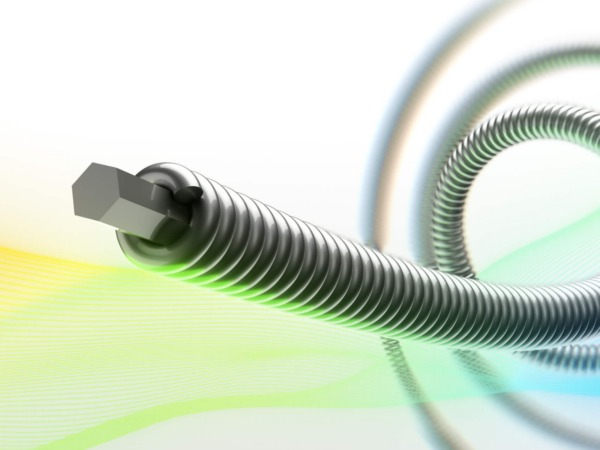
Whether one feels better to you than the other is a personal preference. Some bassists prefer roundwound strings because they provide more friction, especially if their hands getts moist while playing. Other players may like the smoother feel of flatwounds, particularly when playing for long periods. The quicker feel of flatwounds can become addictive, even if you’ve built up calluses with roundwounds.
What About The Sound?
Roundwound bass strings sound brighter than flatwound bass strings, whether you play with your fingers or a pick. In comparison to flatwounds, roundwounds have a more balanced low-end wallop, midrange character, and high-end detail. Flatwound strings offer a lower high end, focusing more on the mids and lows. Roundwounds are popular among rock, punk, and pop bassists due to their increased prominence in a crowded mix. The smoother, warmer sound of flatwounds is frequently more ideal for reggae, R&B, and jazz.
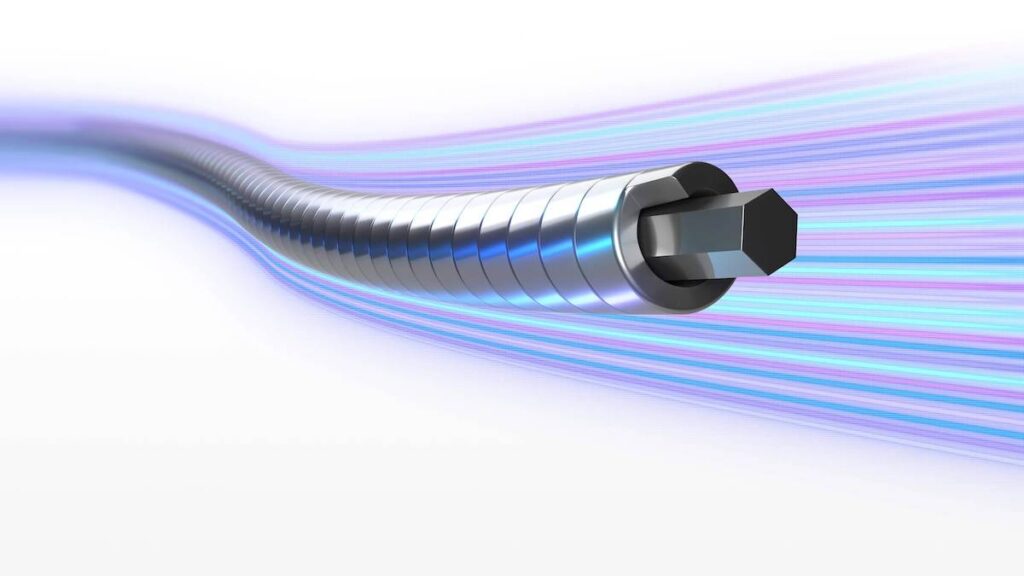
These are, of course, only simple samples based on popular musical styles. We’re also not going to dive into the finer points of setting up your amp or pedals for the sake of this post, even though they play a big part in your tone. Roundwound bass strings, assuming all other factors are equal, offer brightness and “zing” that flatwounds lack. To put it another way, if you frequently find yourself sliding back your tone control to take the zing out of your roundwound strings, flatwound strings may be a better option.
Live vs In Studio
Even if you only use roundwound string while performing, having an extra bass with flatwounds on standby is a good thing to have, especially if you are in the studio. When you record your bass, it puts every element of your tone under a microscope, and noises like finger squeaks become much more noticeable. Finger squeaks should be maintained to a minimum, especially in minimalist arrangements and gentler musical styles. Flatwound strings have a smoother surface than roundwound strings, resulting in fewer finger squeaks.
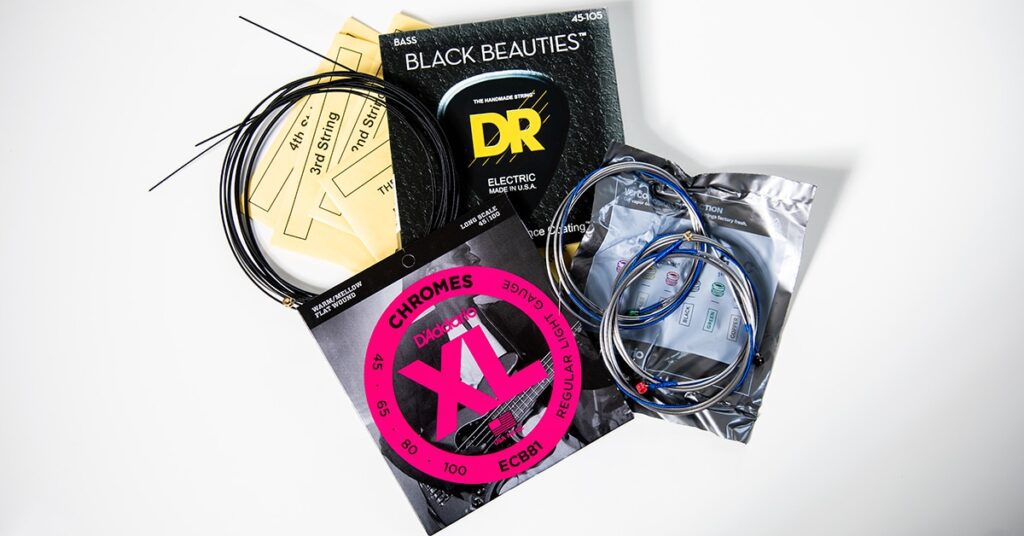
Do You Play Bass with Overdrive/Distortion?
If you use an overdrive pedal or an overdriven amp to play bass, keep in mind that roundwound strings produce more harmonic overtones than flatwound strings of the same length and string gauge. The harmonic content of your strings and what sound is generated by your overdrive pedal, tube preamp, and other gain stages combine to create the tone you hear from your amplifier. When you play roundwound strings, you generate additional harmonic content at the source, then layer on more harmonics with your drive. You’re relying more on your amp and pedals for harmonic content with flatwound strings.
So, what’s the difference between the two? Overdriven bass guitars with flatwounds sound broader and purer to my ears than overdriven bass guitars with roundwounds. This is an extremely personal area, and it’s one of the finest reasons I can think of to try flatwound strings. To match the relative brightness of roundwound strings, set your amp and pedals a little brighter — and probably ramp up the gain a little, too — but the resulting tone may sound much closer to your ideal sound. You’ll never know unless you try them all.
Updated: 01/02/2025

